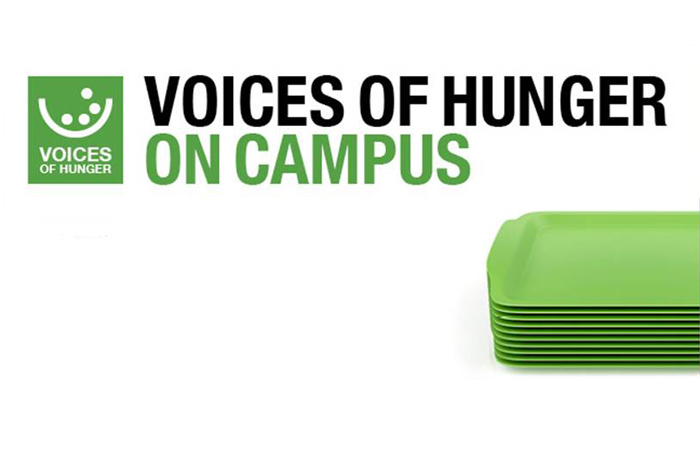
On May 5, Bunker Hill Community College convened the first systemwide conference on ending student hunger. BHCC President Pam Eddinger joined DHE Forward to discuss the conference, and where we go from here.

We went into the event with three desired outcomes:
Funding is always a challenge. We rely so much on the generosity of private donors and community partners who regularly provide gift cards, gather leftover food from university dining halls and local businesses, and sponsor programs like BHCC’s One Solid Meal pilot. It’s important to continue to build those relationships within the community to be able to provide those resources to our students. But the other part is the stigma that surrounds being hungry or homeless. We need more people on campuses to advocate for these students, encourage them to seek help, and to know what their struggles are, unfortunately, very common and very real.
“We need more people on campuses to advocate for these students and encourage them to seek help.” Tweet

Sara’s office recently ran a randomized controlled trial testing on what happens to remediation rates when we feed students. While final results are not yet available, we feel confident in applying the knowledge gained from studies done at the K-12 level to determine the importance of access to healthy meals on a student’s ability to concentrate and persist. A student’s basic needs for food and shelter do not go away after graduating from high school.
“A student's basic needs for food and shelter do not go away after graduating from high school.” Tweet
In the short term, we return to our campuses and use the ideas on hunger triage and policy change that we identified at the Voices of Hunger event to make at least one positive change on our campuses. We use our partnerships to provide students with vital resources to help them get by while they’re still in school. It’s also important that we continue to monitor the progress of the General Accountability Office (GAO) study on hunger on college campuses. Requested by Senators Warren, Markey, Stabenow and Murray at the urging of Massachusetts college leaders, the study will be a key step to policy discussions and solutions. And finally, we keep the conversation going. We will come together again next year, and the year after that, and continue to share ideas and resources to help our students and build long-term solutions. We are in it for the long haul.